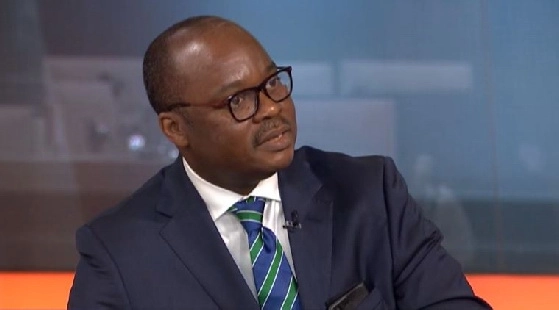BoG Governor Lauds GIRSAL for Facilitating GH¢1.18 Billion in Agricultural Loans
Dr. Ernest Addison, Governor of the Bank of Ghana, has praised the Ghana Incentive-Based Risk Sharing System for Agricultural Lending (GIRSAL) for its role in transforming agricultural financing in the country over the past five years.
Speaking at GIRSAL’s fifth-anniversary celebration, he revealed that the initiative has issued credit guarantees worth GH¢604.53 million to 17 financial institutions, covering up to 70% of credit default risks. Under the credit guarantee scheme, GIRSAL has channelled GH¢1.18 billion worth of loans, at relatively lower interest rates to about 137 agribusinesses located in 72 districts across 15 regions.
Dr. Addison highlighted GIRSAL’s interventions in the rubber sector, which have helped to unlock the industry’s potential. By offering financing incentives to reduce perceived risks, GIRSAL has enabled local processors to enter the market, creating permanent employment and generating GH¢3.5 million annually in rural incomes. The programme has also empowered 451 smallholder rubber farmers and service providers, contributing GH¢30 million per year to 12,616 individuals and generating US$8 million in export revenues.
However, Dr. Addison noted that challenges remain, particularly regarding access to finance for participants in the agricultural value chain. High interest rates, strict collateral requirements, and risks associated with climate variability and market fluctuations continue to hinder financing.
He therefore called for innovative financing models to expand access, including digital finance and insurance solutions which are key pillars of GIRSAL’s strategy. These innovations, he noted, would leverage mobile banking platforms to enhance financial inclusion and offer insurance products to cover crop failure and adverse weather conditions.
The Governor speaking further, underscored the agriculture sector’s broader significance to the Ghanaian economy, noting its potential to reduce the country’s $1.4 billion annual food import bill and boost foreign exchange reserves through export promotion.
Agriculture contributes 24% to GDP and employs 40% of the workforce, making developments in the sector critical to the economy, particularly given the weight of food items in the consumer price basket, which accounts for 43.7% of headline inflation.
Since its inception, GIRSAL has played a pivotal role in de-risking agricultural financing and stimulating increased lending to the sector. Its primary mandate remains addressing the disconnect between agriculture’s contribution to GDP and the limited credit extended by banks to the sector, thereby fostering growth and resilience within Ghana’s agricultural landscape.








